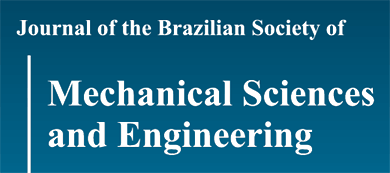This paper presents a study on the influence of milling condition on workpiece surface integrity focusing on hardness and roughness. The experimental work was carried out on a CNC machining center considering roughing and finishing operations. A 25 mm diameter endmill with two cemented carbide inserts coated with TiN layer were used for end milling operation. Low carbon alloyed steel Cr-Mo forged at 1200 ºC was used as workpiece on the tests. Two kinds of workpiece conditions were considered, i.e. air cooled after hot forging and normalized at 950 ºC for 2 h. The results showed that finishing operation was able to significantly decrease the roughness by at least 46% without changing the hardness. On the other hand, roughing operation caused an increase in hardness statistically significant by about 6%. The machined surface presented deformed regions within feed marks, which directly affected the roughness. Surface finish behavior seems to correlate to the chip ratio given the decrease of 25% for roughing condition, which damaged the chip formation. The material removal rate for finishing operation 41% greater than roughing condition demonstrated to be favorable to the heat dissipation and minimized the effect on material hardness.
high-speed cutting; milling; hardness; roughness; surface integrity


























